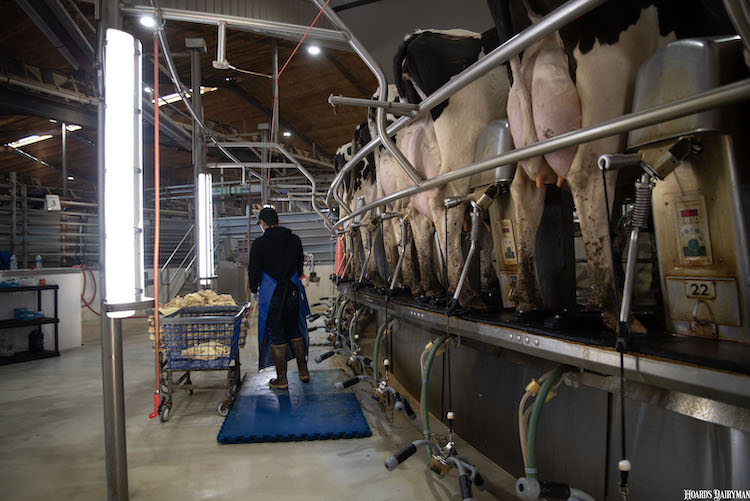
The Fairness for Farm Workers Act was reintroduced by Representative Raúl Grijalva (D-Ariz.) in the House and Senator Alex Padilla (D-Calif.) in the Senate last week. If passed, it would update the Fair Labor Standards Act of 1938 to remove farmworkers from long-held exemptions to the law’s requirements for overtime pay and minimum wage levels.
Specifically, the bill would require that businesses with 26 or more employees pay time and a half for any work over 55 hours in a week starting January 1, 2024. Each year, that threshold falls by another five hours until it creates a 40-hour workweek beginning in 2027. For employers with 25 or fewer workers, implementation would begin January 1, 2027, at 55 hours and reach 40 hours by 2030.
In addition to on-farm work, the bill would also remove overtime exemptions for agricultural-related businesses including irrigation projects, livestock auctions, grain elevators, some sugar processing and intra-state transportation facilities, and cotton processing.
The bill has been endorsed by more than 130 organizations already, bolstered by farmworker and immigration advocates. It also has 55 co-sponsors in the House and 12 in the Senate. Still, the legislation seems to lack promise of passing. It was introduced in 2018, 2021, and 2022, all without much action. This year’s version looks largely the same as those failed proposals.
That’s welcome news for dairy farmers already dealing with a season of input costs that began to come down just in time for painfully low milk prices to set in. In states that have already adopted overtime laws, higher labor costs have contributed to dairies downsizing or exiting the business, looking elsewhere for expansion opportunities, or hiring more employees to work around the workweek limitations. In short, overtime restrictions make it harder to farms to operate effectively.








